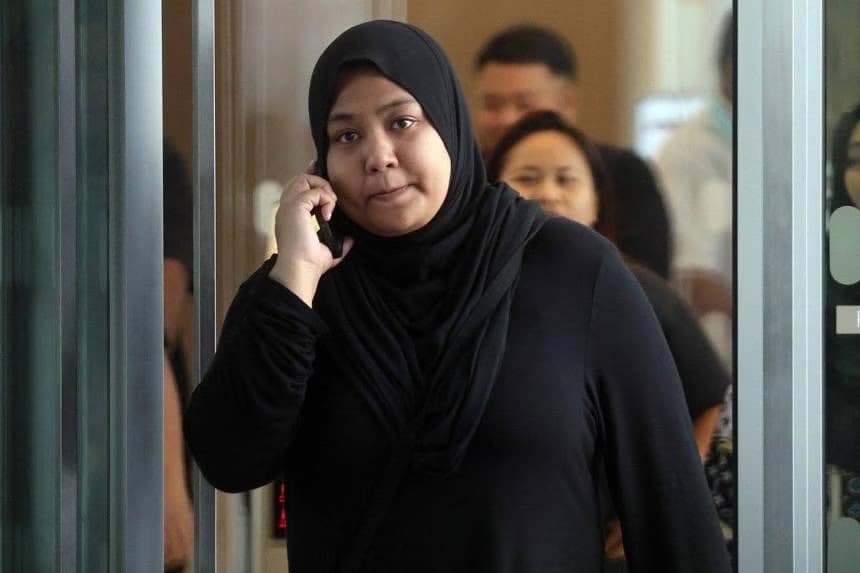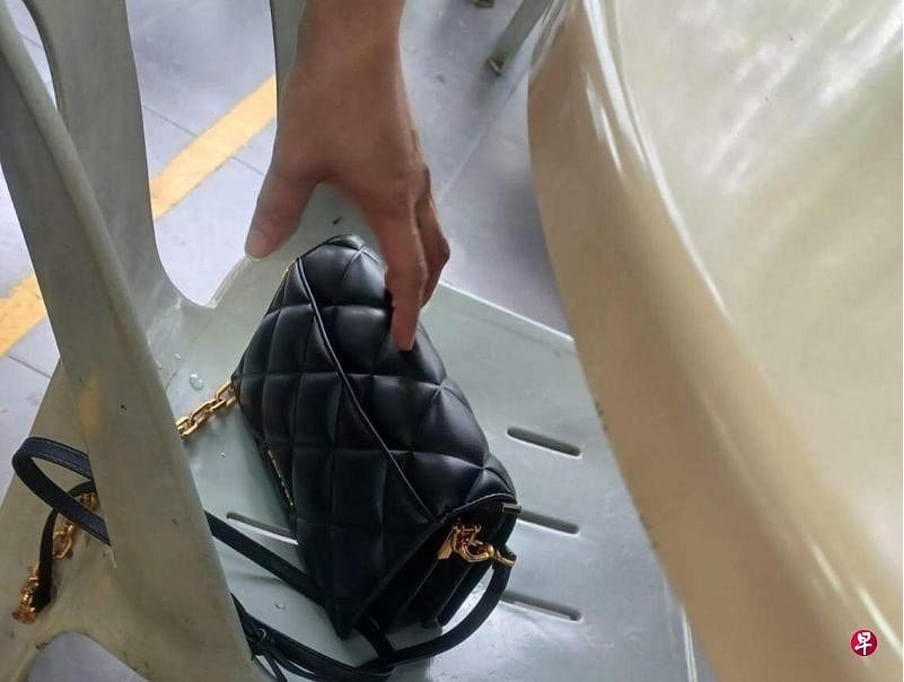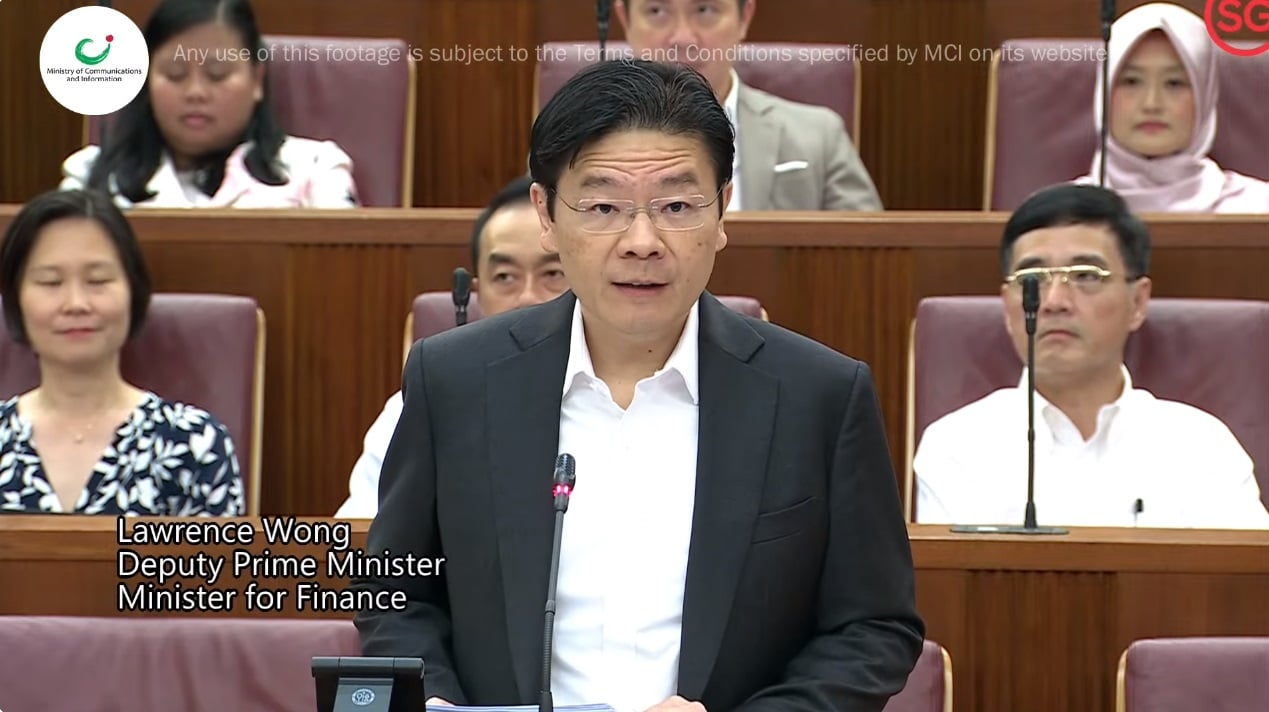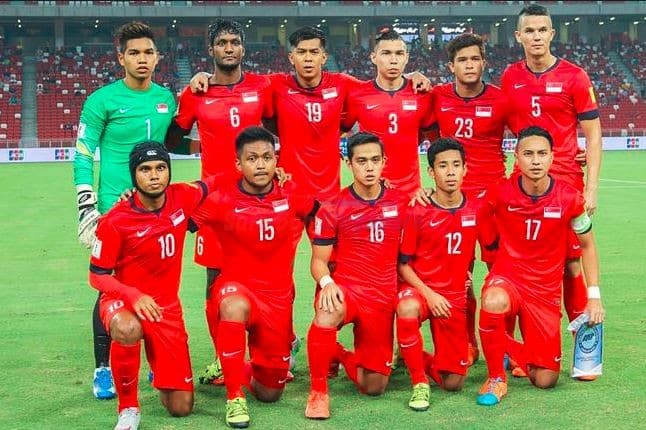
While governance is high on the reform list for the new Football Association of Singapore (FAS) council, an old debate re-emerged earlier this month which could also develop into a key priority for attention.
Prior to the 2017 Sultan of Selangor’s Cup friendly match, between a Singapore select squad and its Selangor equivalent, it was reported that Singapore coach V Sundramoorthy is building a case to naturalise at least three foreign players to play for the full national team.
Canadian Jordan Webb is one of them, and his starring role in the 2017 Sultan of Selangor Cup led Singapore Selection coach Fandi Ahmad to support Webb’s inclusion in the Lions.
Alongside Webb, Home United duo Sirina Camara, who’s from France, and South Korean Song Ui-young are also in consideration for the Foreign Talent Scheme (FTS), having fulfilled FIFA’s five-year residency requirement.
The possibility that more foreigners could be added to the Singapore line-up has reignited a discussion about the merits of the scheme, with players previously brought in from overseas having a mixed track record.
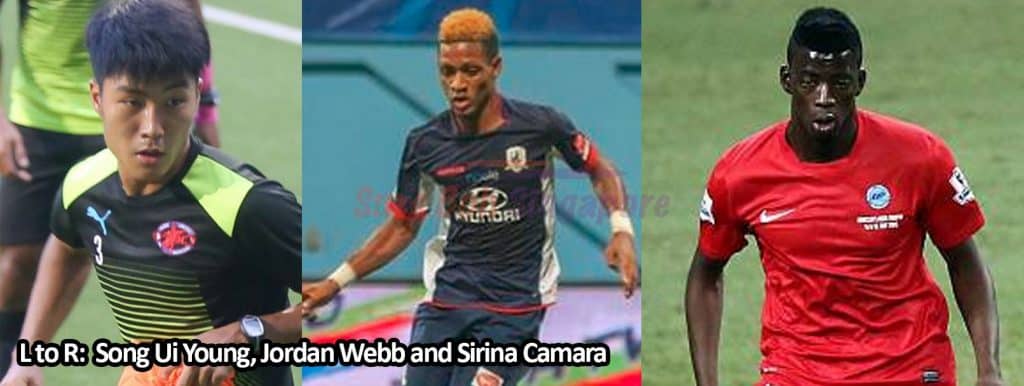
POTENTIAL PUBLIC BACKLASH?
Hougang United coach Philippe Aw feels that any move to bring in more players under the FTS could be counterproductive. No foreign players have been brought in since Qiu Li in 2008, and the ground has shifted since then: “I think a clear example is table tennis. Those boys and girls from China came down to play for Singapore, and we indeed performed very well and got Olympic medals in that sport.”
But according to Aw, the focus should be on Singapore-born athletes: “We have to be proud to be Singaporeans. When (Joseph) Schooling won his Olympic gold, I think the shockwaves he sent out were much more than (changing attitudes) to the table tennis medals,” he said.
An advocate of local youth development, Aw is against naturalising overseas players. “In the long-term, I believe the solution to improve local football isn’t to bring in foreign talent and make them Singaporeans,” he said. “My thinking is that we should focus on developing our youth at all levels.”
He questioned the loyalties of some foreign-born players who eventually relinquished their Singapore passports and returned to their native countries. “We indeed had this scheme in the past as a shortcut. With the foreigners in the national team, we won the AFF Suzuki Cup and things like that.
“Suddenly they all retired and some went back home and then what happens? And so we have this void now.”
The former Home United youth coach said the focus should be on grooming local players. “It’s not simply about winning – the process of developing our young talents is just as crucial.”
“IF THE RIGHT PEOPLE CAN IMPROVE OUR GAME.. THEN WHY NOT?”
For the FTS to succeed, FAS vice-president Edwin Tong believes it should not come at the expense of local young players. “We need to take a long term and carefully considered approach to the FTS,” he said. “Much as we want short-term success in our results, we also want to be sure that each foreigner we naturalise is a better player than what our local players can offer.”
He added: “We also have to make sure that good young local talent development does not get undermined because of the foreigners we bring in.”
According to FAS technical director Michel Sablon, the newly-elected FAS Council has yet to make a decision on naturalising eligible foreign players in the S.League. However, the Belgian believes the scheme could succeed in Singapore, much like it has in Europe. “In my opinion we should be open for this and the FTS should be given some consideration.
“The world of football has long been open to this idea as you can see in some countries,” said Sablon. “Here in Singapore, in order to enhance the quality of our competitions… we need talent and if the right people can improve our game in any competition, then why not?”
He added that Singapore football should not completely close the door on foreign talent.
INTEGRATING SEAMLESSLY WITH LOCAL PEERS
South Korean Song Ui-Young started playing in the S.League at 19, and 2017 will mark his sixth year of living in Singapore.
Home for now is an apartment in Yio Chu Kang and among his frequent activities during his days off is going to Newton Food Centre to chow down on his favourite local seafood dishes.
Totally at ease with his Home United peers on and off the field, the 23-year-old midfielder feels as local as any of his Singaporean team-mates.
Said Song: “It has always been a dream of mine to represent a country and play in international games as not everyone gets the chance to play at that level.”
“I think I’m on a par with the best players in Singapore and I have the confidence that there is surely a part I can play in the national set-up,” said the Incheon native. “If they want me in midfield, I can play there, and if they want me to play an attacking role I can do that as well.
“Wherever they want me to fit in, I can definitely do it.”
Home United coach Aidil Sharin thinks both Song and Camara have a strong case to be considered for naturalisation. “Both of them are still young, and if they want to be considered, they’d have to (consistently) outshine the local players,” said coach Aidil. “Given more time, I think they can be good for the national team but it all depends on the national set-up and coaches.”
He added: “If they see that there isn’t a good local playmaker or striker around, then why not groom a foreign talent to fill the void?”
A PRODUCT OF THE SINGAPOREAN FOOTBALL SYSTEM
Warriors FC’s Jordan Webb has been waiting for a call-up by theFAS for more than two years since his S.League career began in 2010.
The 29-year-old Canadian has spent close to a third of his life in the Lion City and like Song, feels just as Singaporean as his local team-mates. “I’ve a lot of friends here now… I’ve lived (a lot) of my life in Singapore and I feel just like anyone else,” said the former Tampines Rovers winger, who ranks ION Orchard mall as his favourite local hangout.
“Obviously I’m different because I’m a foreigner, but I love it here.”
Having been shaped by the footballing system in Singapore, Webb credits local coaches and players for his personal development. “When I came here, I was not one of the better players. It was the local players and coaches who were the ones who helped me. It just goes to show that even a foreigner can become a good player thanks to Singaporeans.”
“When I was 21, I had (former Singapore internationals) like Noor Ali, Aide Iskandar, Indra Sahdan and even Noh Alam Shah helping me improve every year,” said Webb. “A foreigner like myself was helped by Singaporeans and it made me better.”
He added: “If someone who wants to play for Singapore is good enough, why not just allow it?”
PAYING IT FORWARD
Nine foreign players have been naturalised through the FTS so far. Retired striker Aleksandar Duric was an exception, having earned his place in the national team in 2007 after he gained Singapore citizenship through his own efforts.
Out of those players, Home United’s Egmar Goncalves returned to his native Brazil in 2007 while Croatia’s Mirko Grabovac renounced his Singapore citizenship a year later.
However, two players from the scheme – Daniel Bennett and Fahrudin Mustafic – are still playing club football in the S.League and have made it to recent national team call-ups.
While Duric is now a Principal at ActiveSG’s grassroots football initiative, Nigerian-born Itimi Dickson has found a new lease of life as a coach at ESPZEN Soccer School in Singapore.
The 33-year-old believes naturalised players have a responsibility beyond playing for the national team. “I feel that (naturalised) players should pay back to the society which has granted them citizenship,” said Dickson, a two-time AFF Suzuki Cup winner. “For me, Singapore football has been good to me, and I have an interest in coaching, so I’m doing my part to repay the faith the country has shown me.”
“In my case, I love coaching and so the FAS took care of me by paying for my coaching ‘C’ license, which is very good for me as I did not have to pay from my own money.”
He added: “If I didn’t want to stay in Singapore I would have left long ago, but as you can see I’m a coach here and that’s why I’m still around now.”


